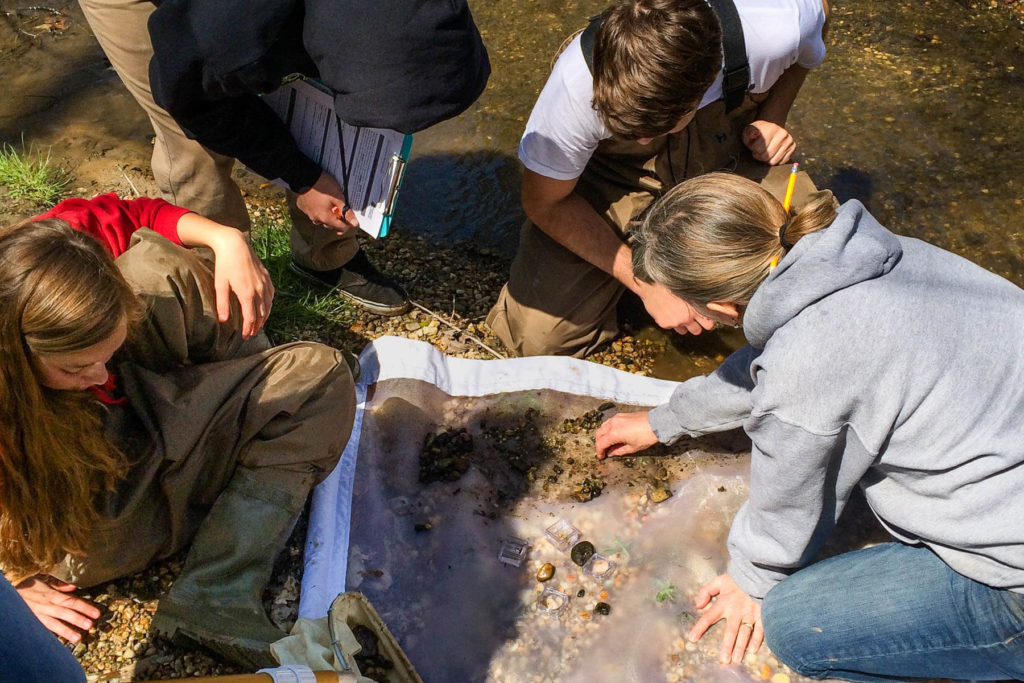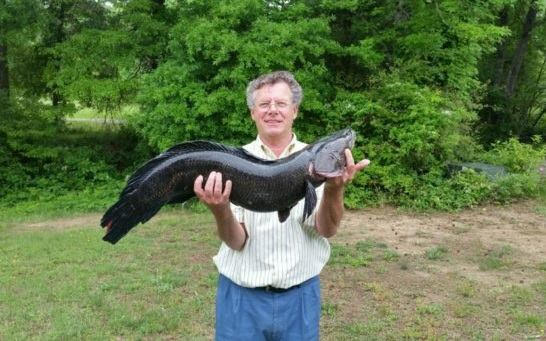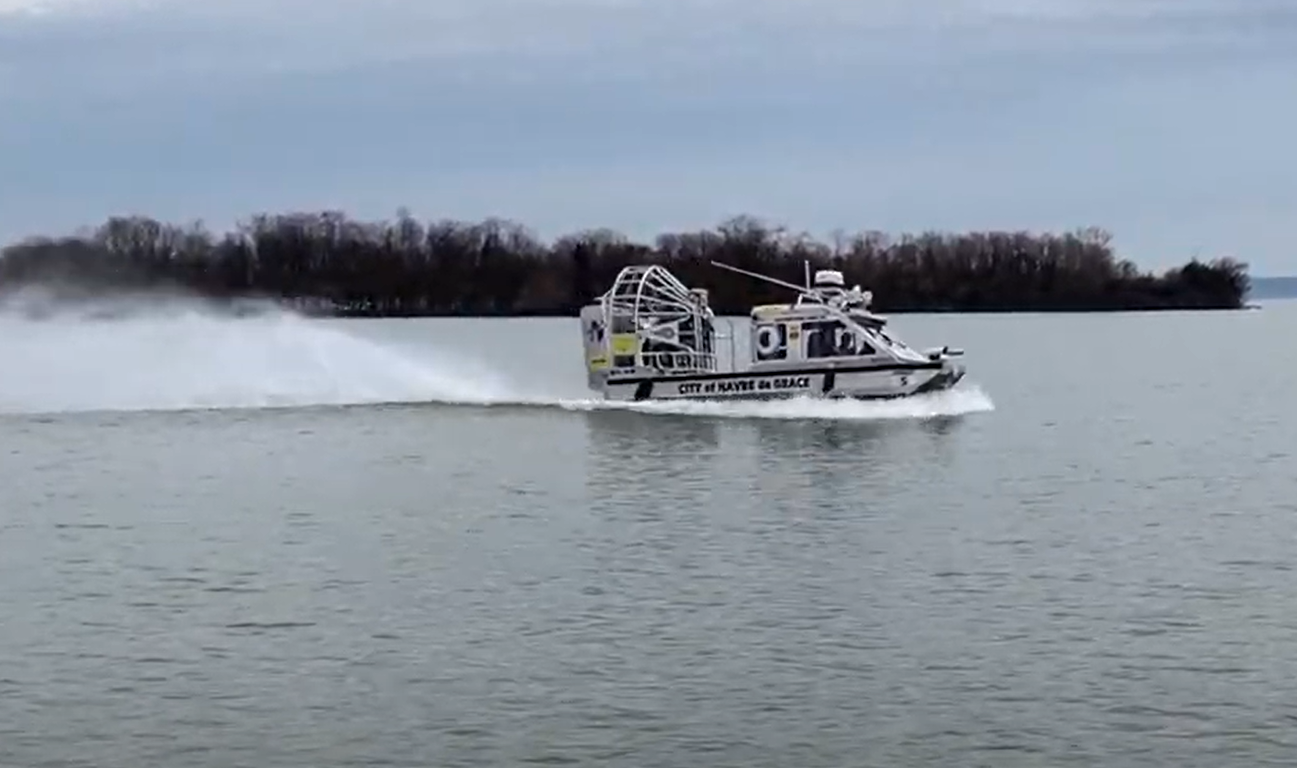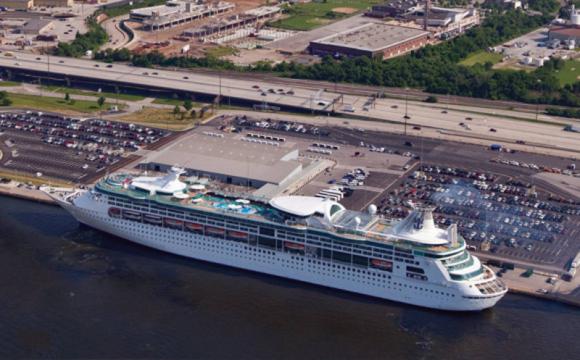As 2021 drew to a close, NOAA’s Chesapeake Bay Office celebrated a big milestone. In only two years, the Office has certified more than 600 classroom teachers, 200 prospective teachers, and 200 nature center educators who have completed its “Meaningful Watershed Educational Experience 101” online training course.
“MWEE 101,” which went live in spring 2019, is a free, self-paced program designed to help teachers incorporate environmental literacy, stewardship, and civic action into their teaching, using this framework through case studies from elementary, middle, and high school. Participants have come from Pennsylvania, Maryland, Virginia, and the District of Columbia.
People who take the course benefit from interactive features such as videos and activities. It gives them tools to integrate a MWEE into an existing curriculum. In it, students do background research into local environmental issues, make in-the-field observations, collect data, conduct experiments, talk to experts, then decide upon and take informed action.
For example, high school Biology students might investigate the health of a local stream by measuring water quality and sampling its macroinvertebrates to calculate its biotic index (overall health). They would go back to the classroom and consider what they could do to improve its water quality. They might study model stormwater best management practices (BMPs) for homes and businesses in the community. Using what they learn from this exercise, they could actually design and install a best management practice on their school grounds.
Trained teachers play important roles in presenting unbiased information and helping students with research and explore. Four essential elements (Issue Definition, Outdoor Field Experiences, Synthesis and Conclusions, & Action Projects) and four supporting practices (Active Teacher Support, Classroom Integration, Local Context, & Sustained Activity) build upon each other to create this comprehensive learning experience for students.
“Part of the beauty of MWEEs is that they are not something extra but are, indeed, a means of enriching lessons for deeper student learning while strengthening local and national academic standards,” explains Donna Balado, Maryland State Department of Education.
The Bay Education Workgroup says the Meaningful Watershed Educational Experience courses are important toos to engage students in the Chesapeake watershed, pairing real-world learning experiences and curriculum goals.
“The more teachers we can train, the more students will be ready to meet the environmental challenges of today and tomorrow,” says Tom Ackerman, Vice President for Education, CBF and Co-chair of the Workgroup.
-John Page Williams




